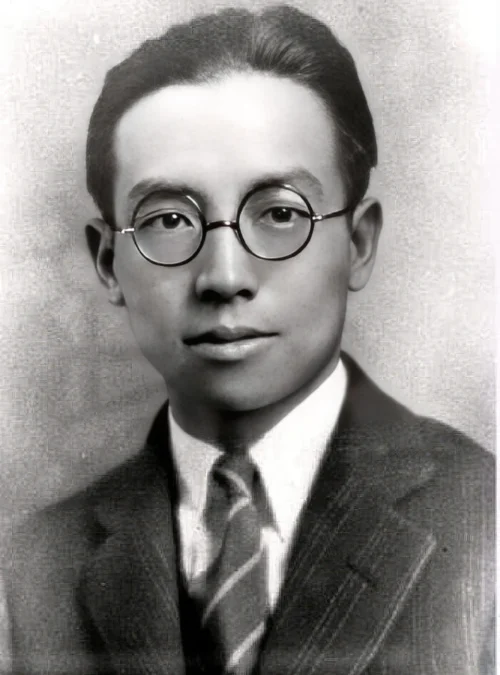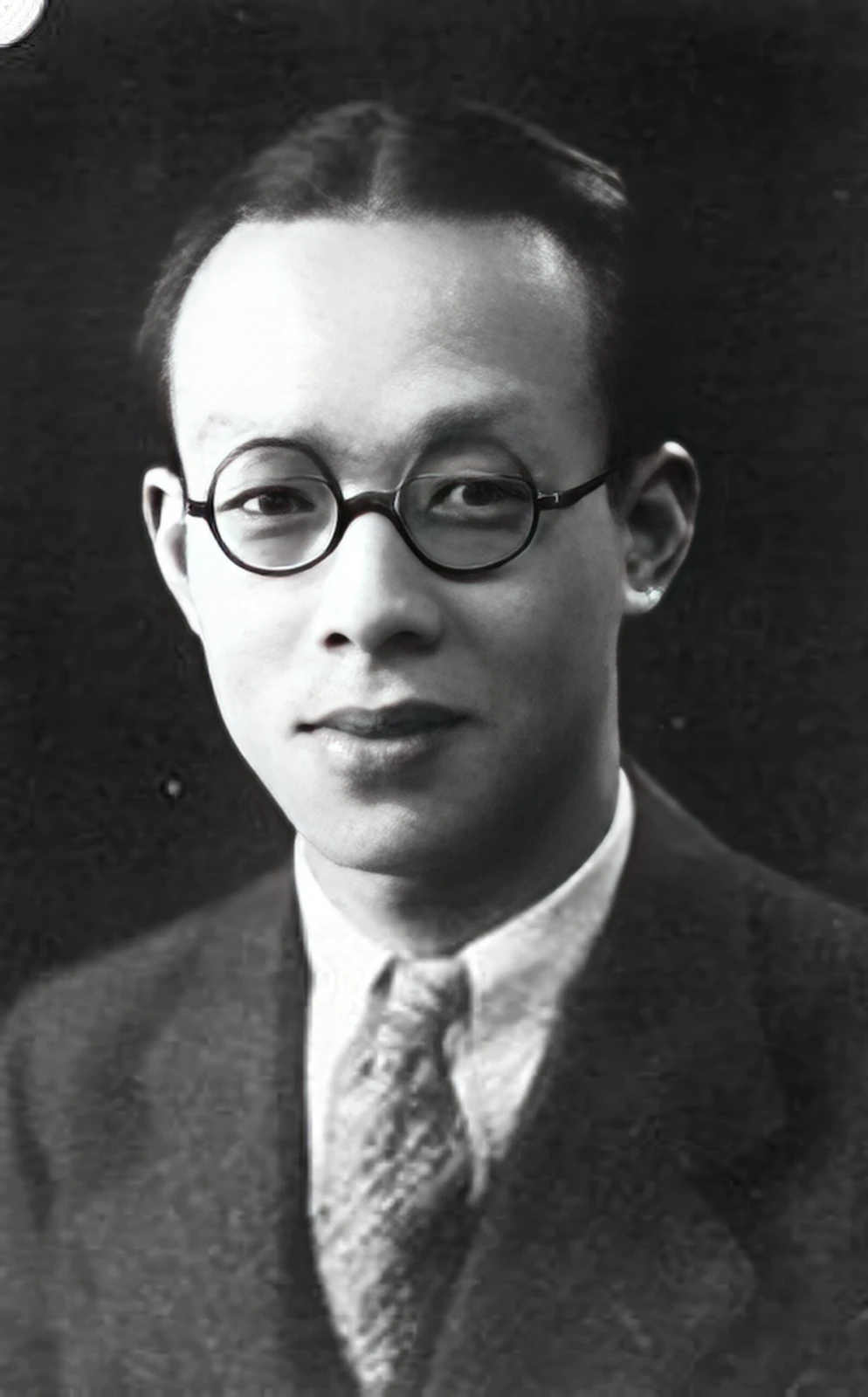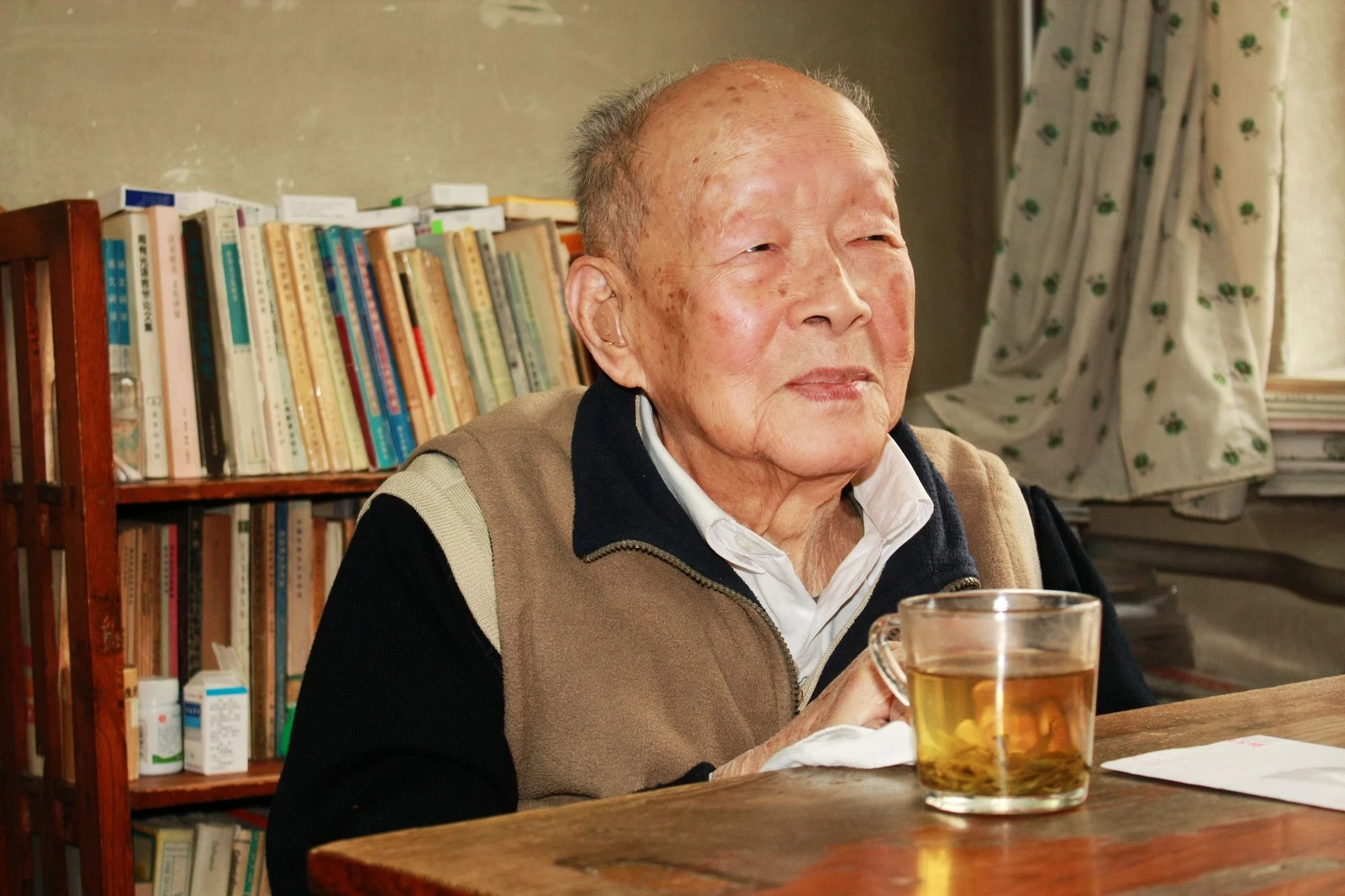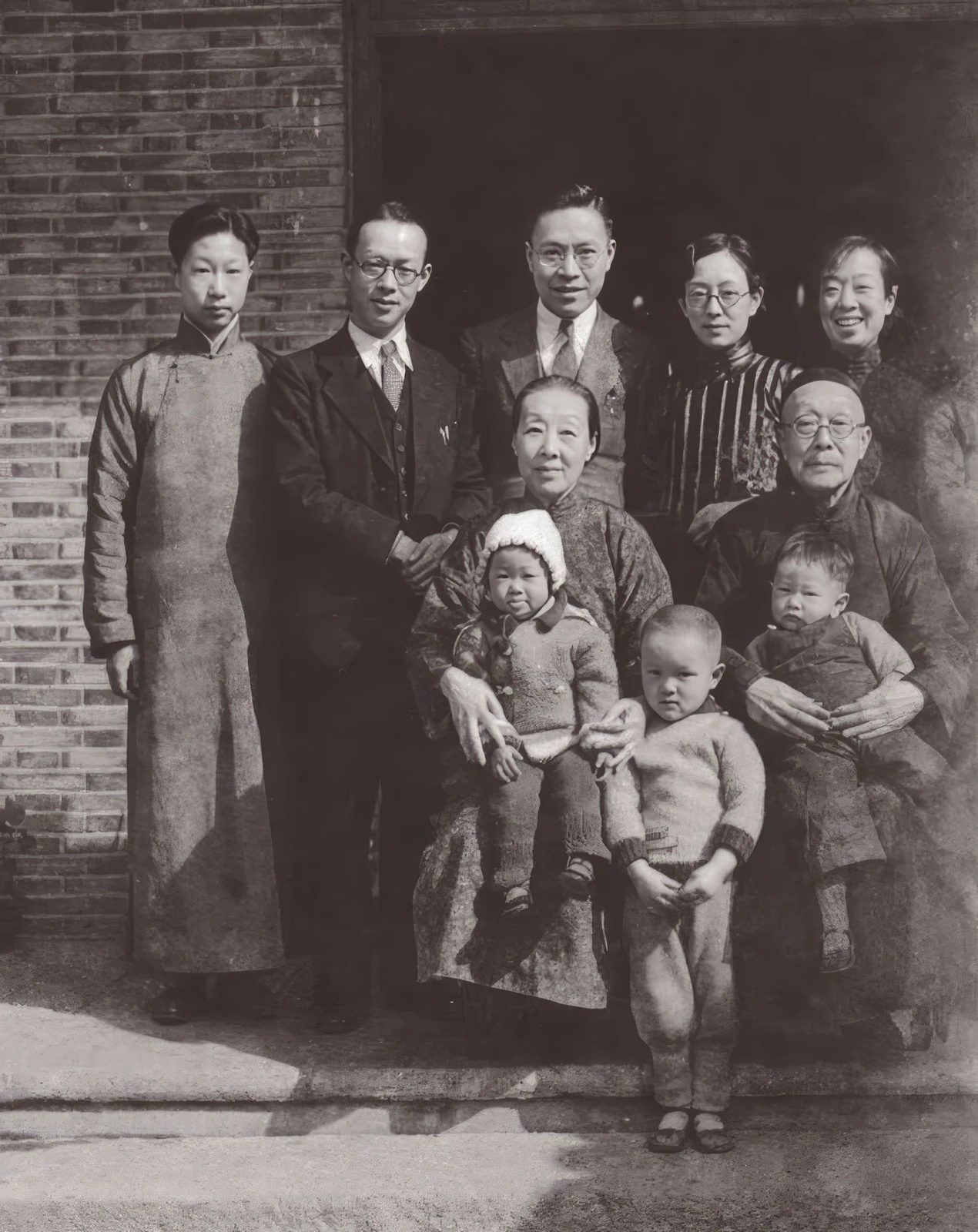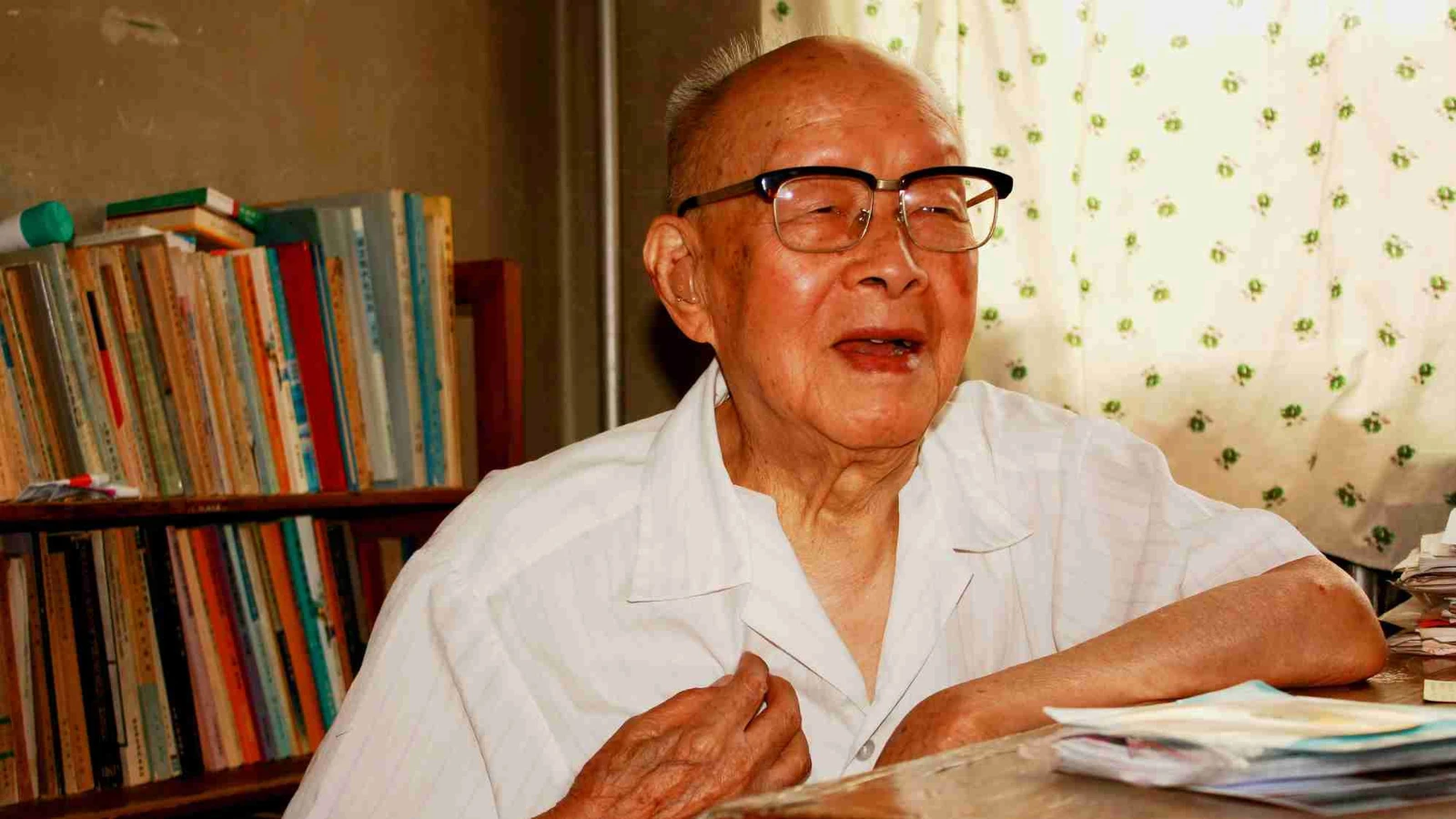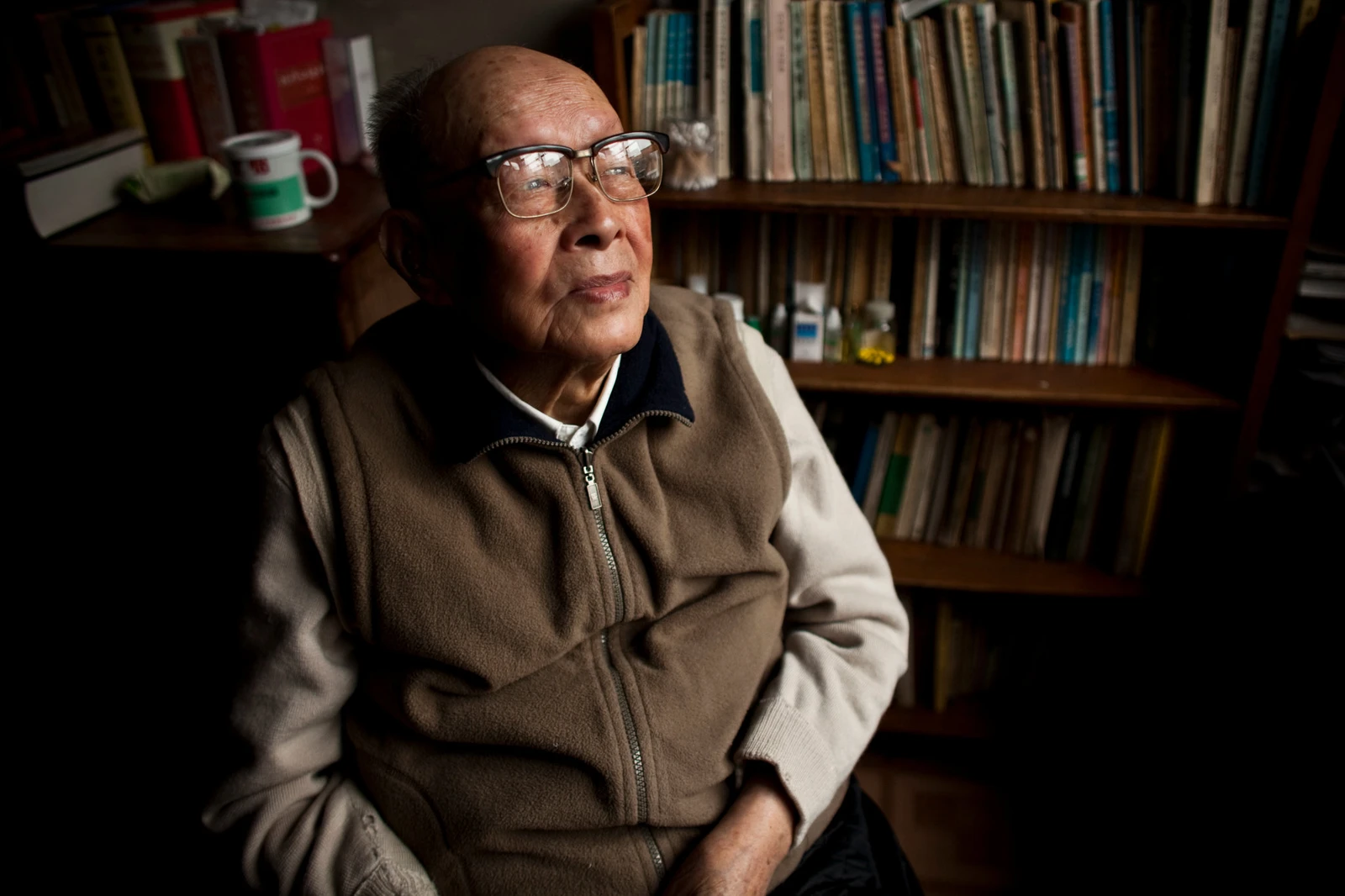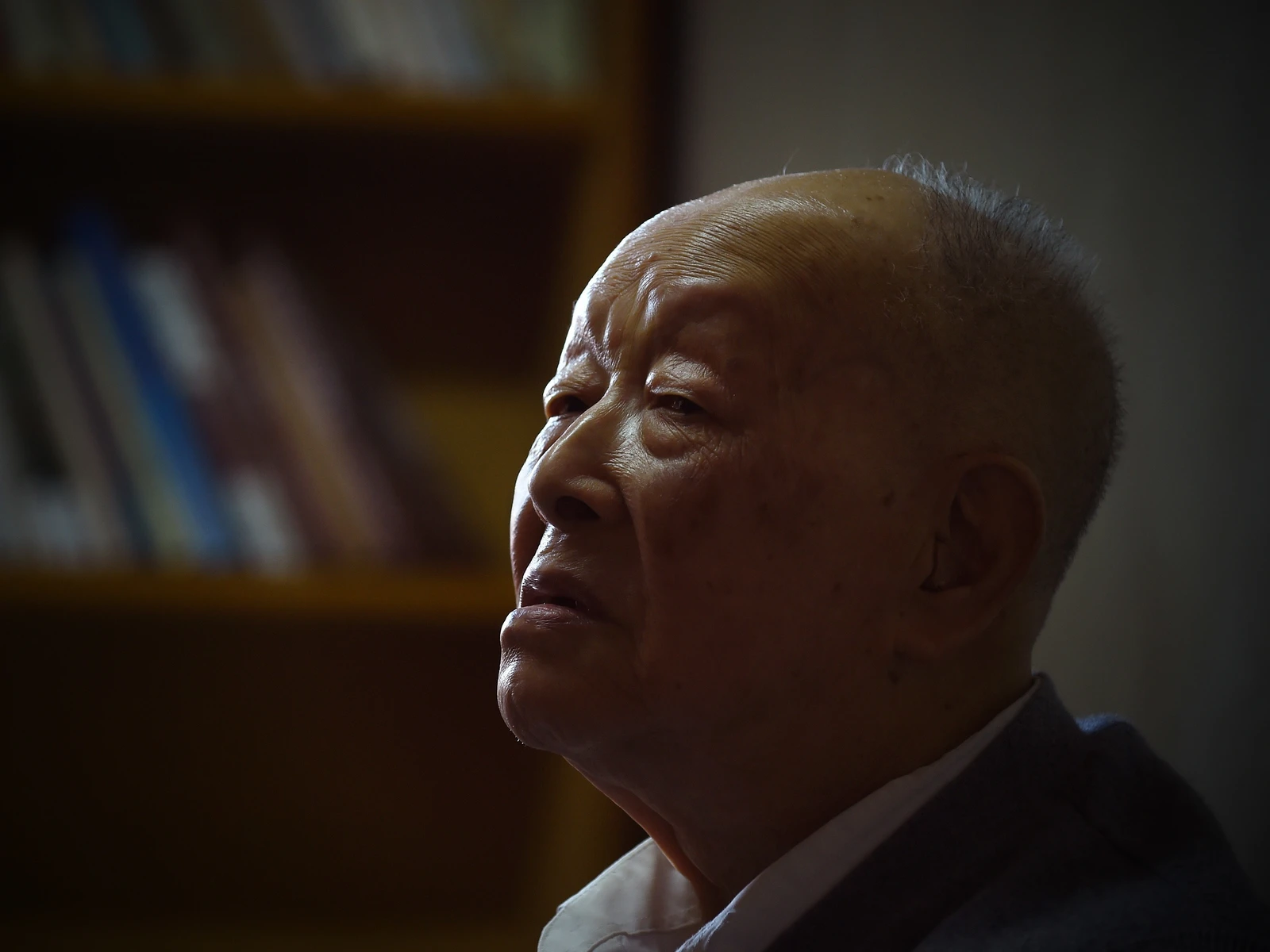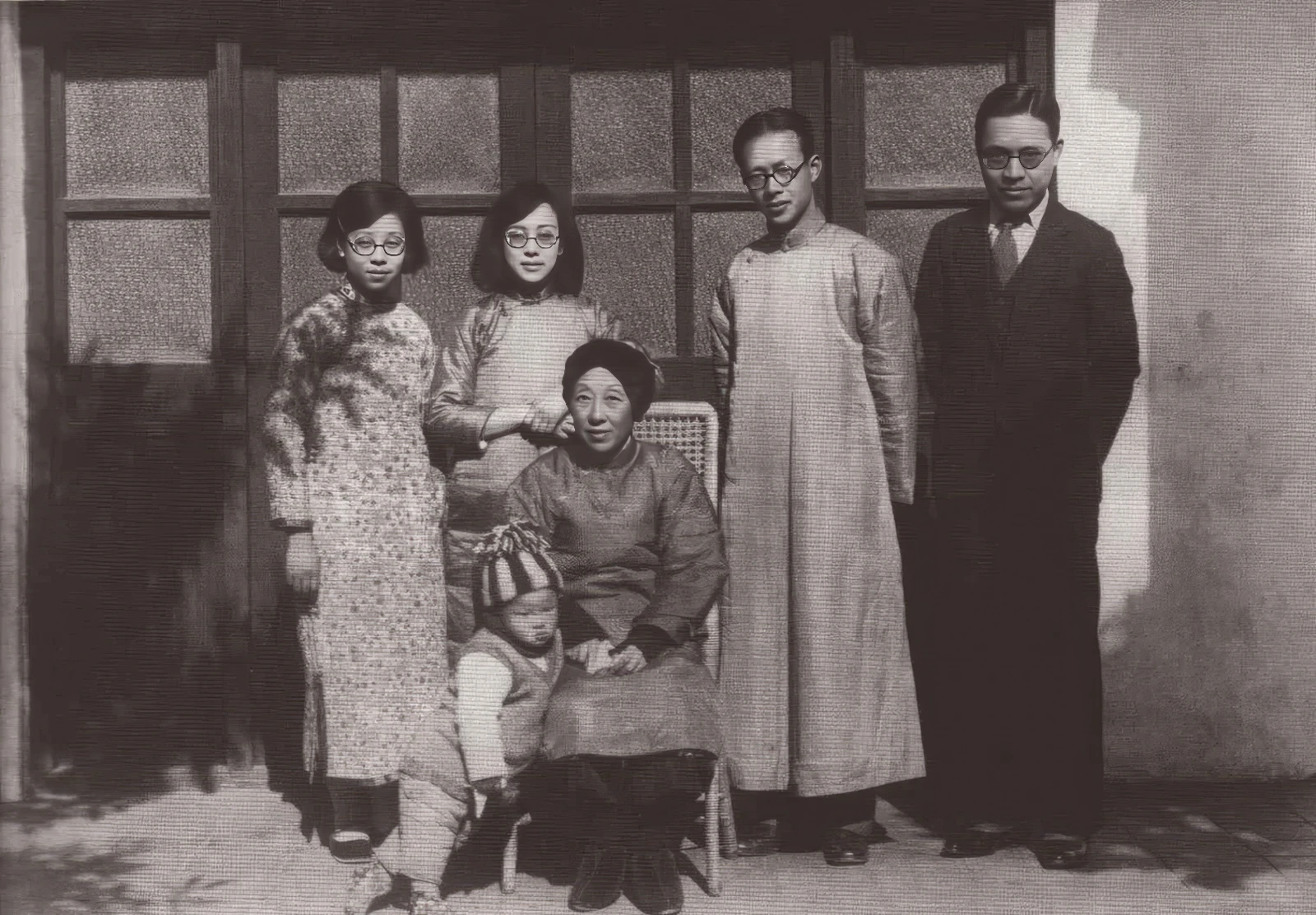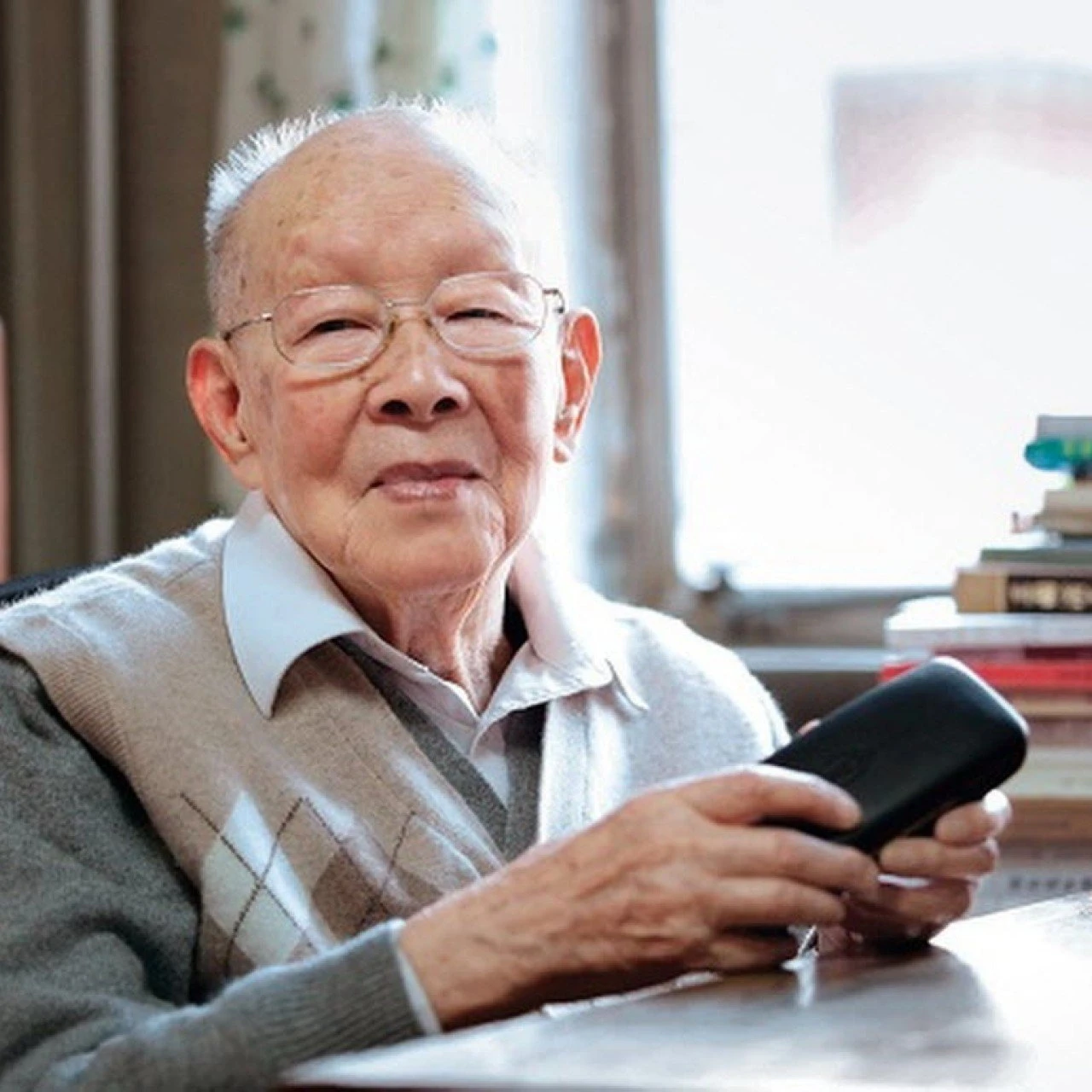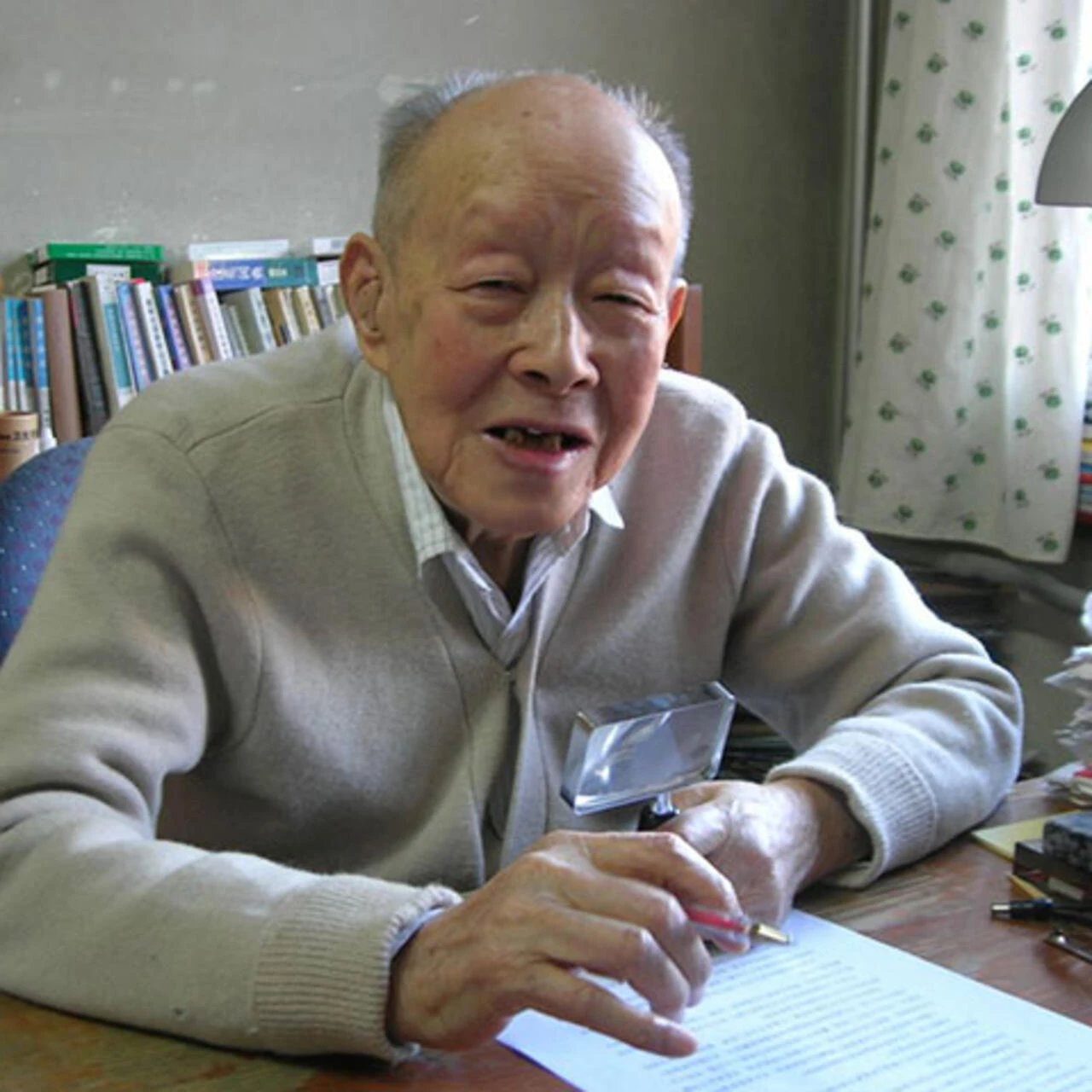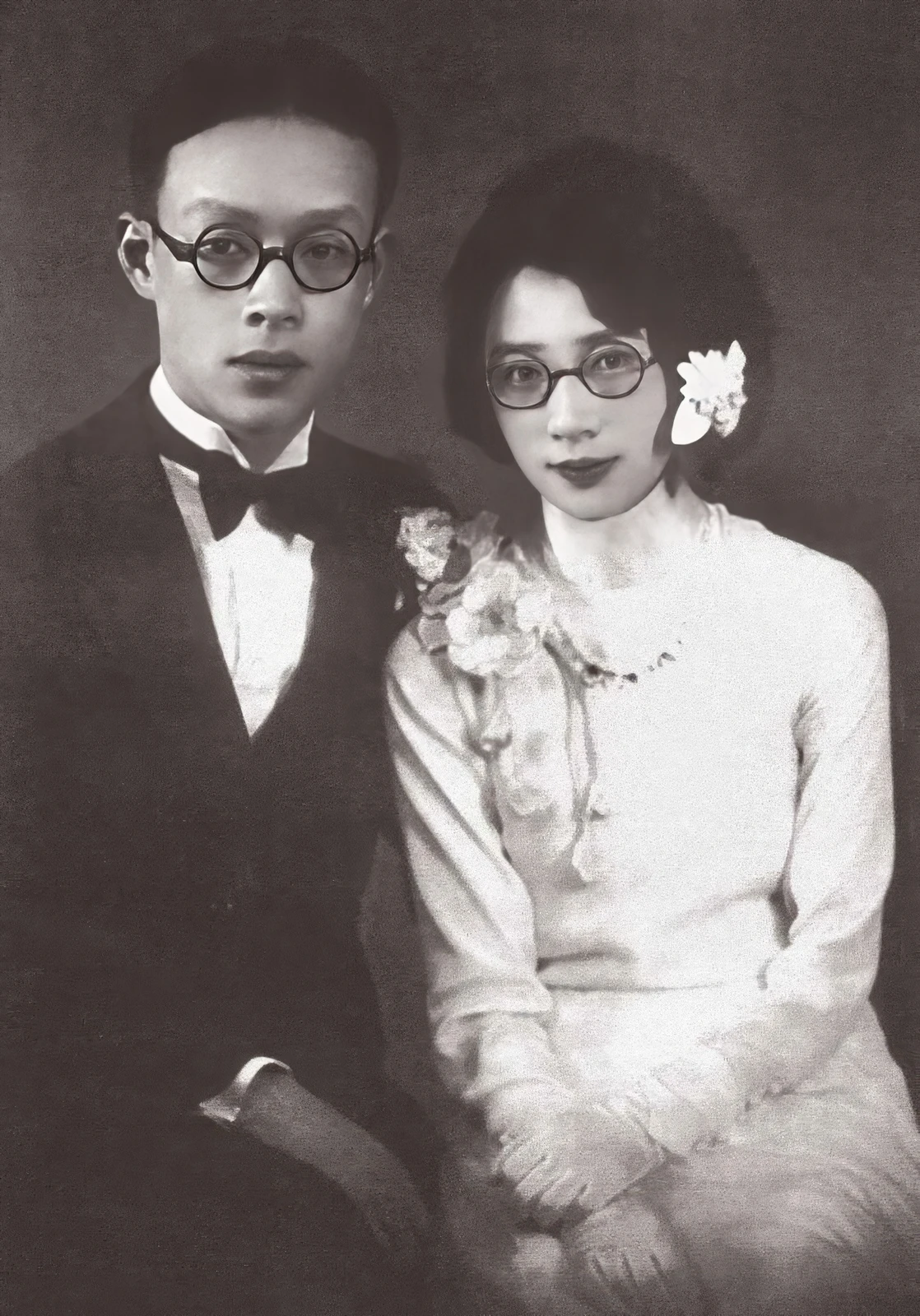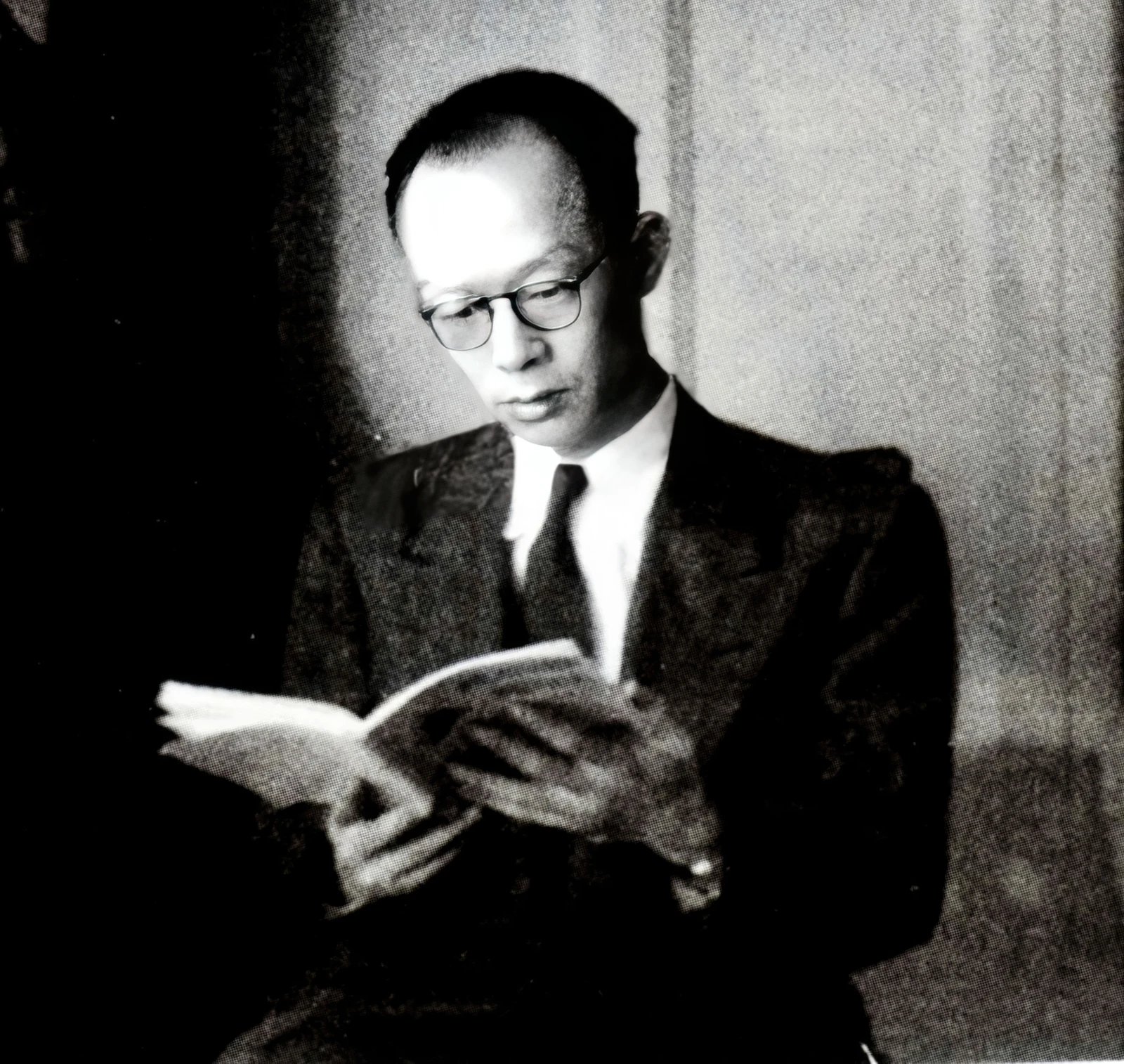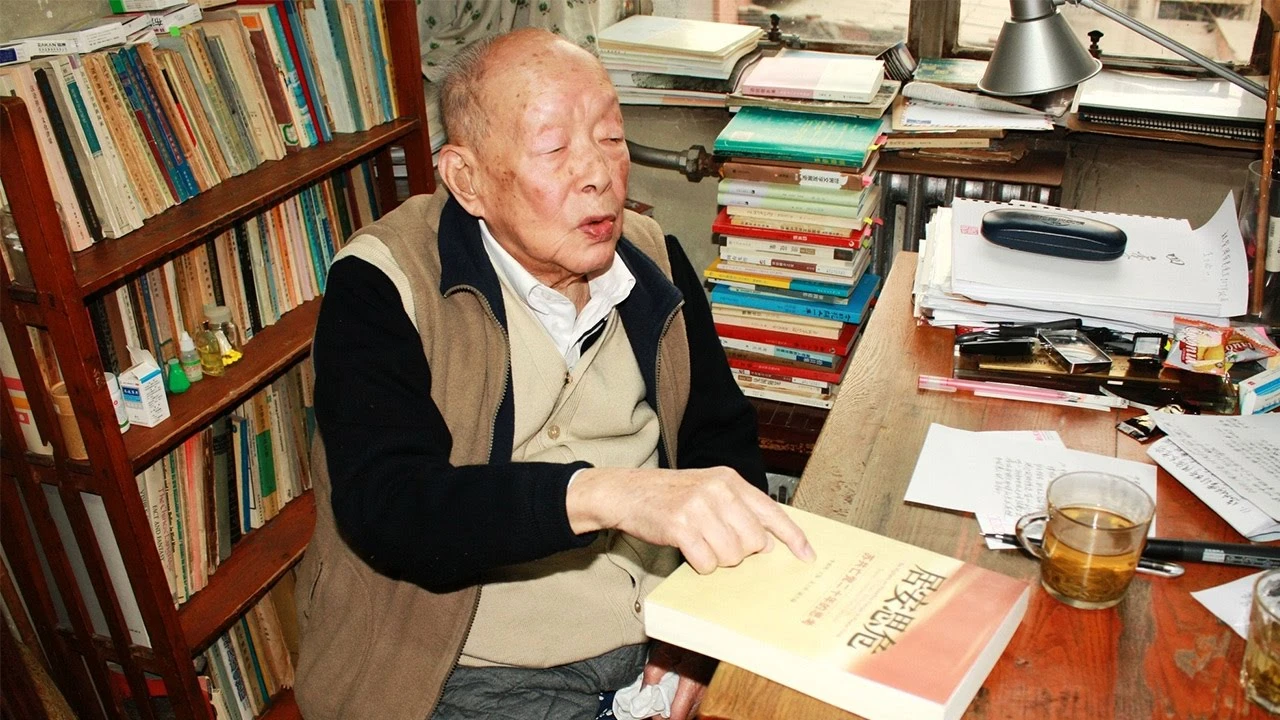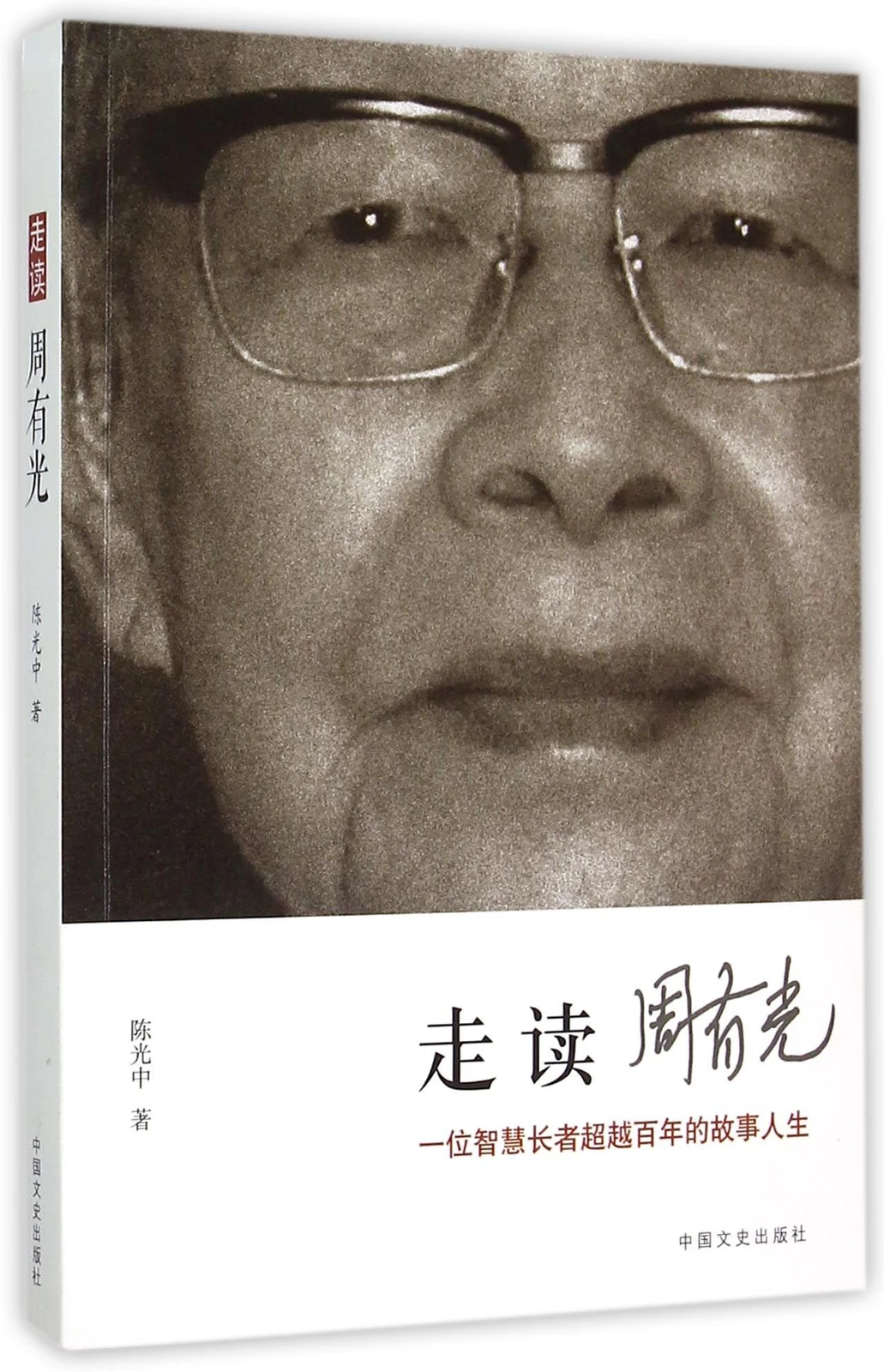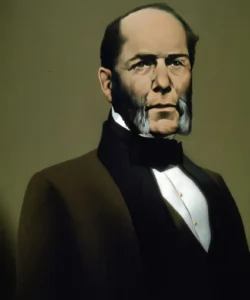Zhou Youguang was a Chinese economist, linguist, sinologist, and supercentenarian. He is widely celebrated as the “Father of Pinyin,” the most widely used and internationally recognized romanization system for the Chinese language. His work fundamentally transformed literacy and communication in China and globally.

Name: Zhou Youguang (born Zhou Yaoping)
Date of birth: January 13, 1906
Died: January 14, 2017 (aged 111 years, 1 day)
Height: Information not widely available.
Place of birth: Changzhou, Jiangsu Province, Qing Empire (now China).
Family:
- Parents’ names: His father was a Qing government official (name not widely publicized). His mother’s name is not widely publicized.
- Siblings: Information not widely publicized.
- Spouse: Zhang Yunhe (m. April 30, 1933; died August 14, 2002).
- Children:
- Zhou Xiaoping (son, born 1934; died 2015, an astrophysicist).
- Zhou Xiaohe (daughter, born 1935; died 1941, during the Second Sino-Japanese War).
- Relatives: His wife and two children.
Profession: Linguist, economist, sinologist, writer, supercentenarian.
Nationality: Chinese
Religion: Information not consistently available. He was born into a cultivated family during the Qing dynasty.
College or university attended:
- Changzhou Senior High School (graduated 1923)
- St. John’s University, Shanghai (majored in economics, supplementary coursework in linguistics; left in 1925)
- Guanghua University (graduated 1927)
- University of Tokyo (exchange student)
- Kyoto University (postgraduate studies, though his admired professor was arrested)
Biography and What Famous For:
Zhou Youguang’s early life was marked by intellectual curiosity despite family poverty, which nearly prevented him from pursuing higher education. Friends and relatives pooled money to support his studies. He initially trained as an economist, working for Sin Hua Bank in Shanghai, and even spent time working overseas in New York City (where he met Albert Einstein twice) and London for the bank after World War II. He returned to China in 1949 with idealistic hopes for the new Communist state, teaching economics at Fudan University in Shanghai.
However, in 1955, his life took a dramatic turn. Chinese Premier Zhou Enlai, remembering Zhou Youguang’s long-standing interest in linguistics and Esperanto, summoned him to Beijing. Despite having no formal background in linguistics and viewing it only as a hobby, Zhou was tasked with leading a committee to develop a new system for romanizing the Chinese language. Zhou famously quipped, “I’m not the father of Pinyin; I’m the son of Pinyin,” highlighting that his work built upon earlier efforts.
Zhou Youguang is most famous for:
- Developing Hanyu Pinyin: This was his magnum opus. After three years of intensive work, his committee developed the Hanyu Pinyin system, which used the Roman alphabet to represent the sounds of Mandarin Chinese. Pinyin was officially adopted by the People’s Republic of China in 1958. Its primary purpose was to aid in teaching Standard Chinese pronunciation, facilitate literacy, and help foreigners learn Chinese.
- Global Impact of Pinyin: Pinyin became the international standard for romanizing Chinese. It was adopted by the International Organization for Standardization (ISO) in 1982 and the United Nations in 1986. Its simplicity and consistency led to it largely replacing older systems like Wade-Giles worldwide, and it became essential for Chinese input on computers and smartphones, making it ubiquitous in the modern digital age.
- Supercentenarian and Dissident Voice: Despite being the architect of a system commissioned by the Chinese government, Zhou Youguang became a vocal critic of the Chinese Communist Party in his later years. After the Cultural Revolution (during which he spent two years in a labor camp), he became an advocate for political reform and democracy, openly criticizing government policies, Mao Zedong, and historical inaccuracies. He continued writing over 40 books, many of which were banned in China, and maintained a blog until he was 105. He famously expressed a wish to live long enough to see China’s government acknowledge the mistakes of the Tiananmen Square crackdown.
- “Encyclopedia Zhou”: After 1980, he co-translated the Encyclopædia Britannica into Chinese, earning him the nickname “Encyclopedia Zhou.”
Zhou Youguang’s life was a testament to intellectual resilience and a quiet, profound influence on language and society, living through four different periods of Chinese history.
Have participated:
Linguistics:
- Chief architect and lead of the committee that developed Hanyu Pinyin (1955-1958).
- Presented the “Hanyu Pinyin System” to an international conference in Warsaw, advocating for its international standardization (1979).
Economics:
- Worked for Sin Hua Bank in Shanghai, New York City, and London.
- Worked as a deputy director at the Ministry of Economic Affairs’s agricultural policy bureau during WWII.
- Taught economics at Fudan University in Shanghai.
Writing & Scholarship:
- Authored over 40 books, including “The Historical Evolution of Chinese Languages and Scripts” and a memoir. Many of his later books were critical of the Chinese government and subsequently banned.
- Co-translated the Encyclopædia Britannica into Chinese.
- Maintained a blog until age 105.
Activism:
- Advocate for political reform and democracy in China.
- Public critic of the Chinese Communist Party in his later years.
Political Affiliations:
- Member of the China Democratic National Construction Association (pre-1949).
- Member of the National Committee of the Chinese People’s Political Consultative Conference (until age 85, with interruptions during the Cultural Revolution).
